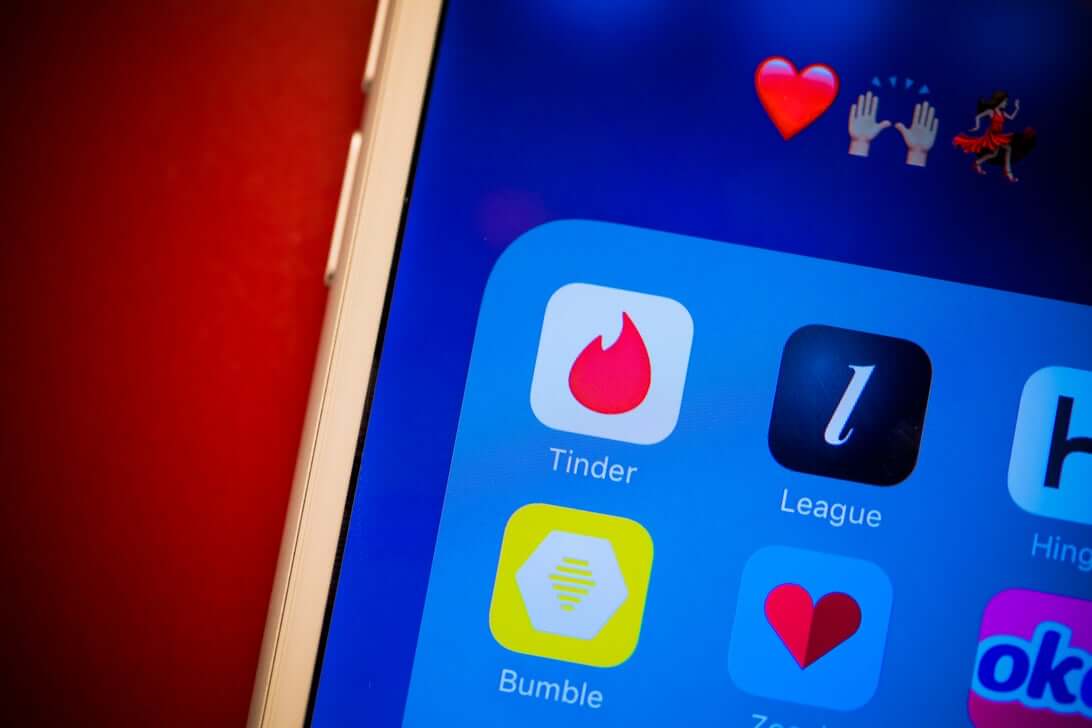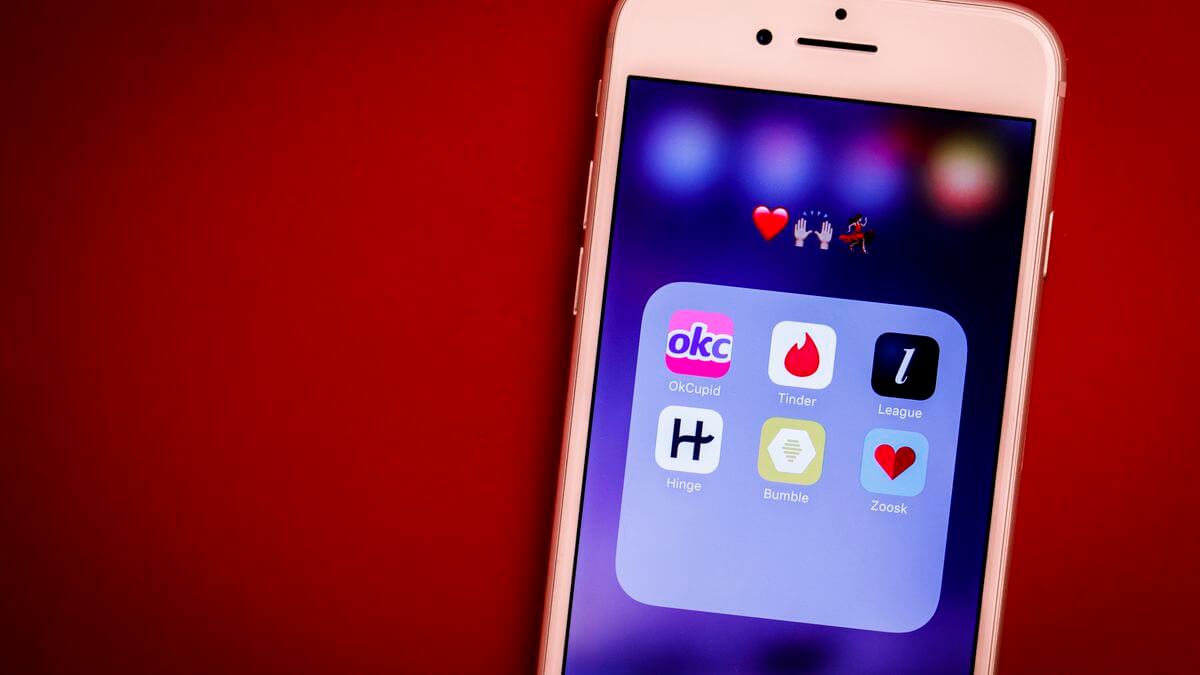
Dating apps are basically search tools that run on an algorithm to help you find matches according to your preferences. These apps make match recommendations using the user data which includes personal information such as location, age, and other preferences. For the past couple of years, there have been some questions arising that why would these apps recommended matches that are not according to their preferences and type.
Some experts say that dating apps are poor search tools because of their poor algorithms since it is hard to predict the romantic connection between two individuals. To get better matches, it is important to have some idea about how the algorithms of popular dating apps work. So, let’s have a look at how the algorism of some of the popular dating apps work:
Tinder
Tinder is the biggest dating app in the world, having more than 75 million monthly active users which means that it has more users than the popular social platform Reddit but still a huge amount of those users are wondering that why they can’t get the match of their choice. Some say that the algorithm is screwed up but what is the reality?
Tinder algorithm used to be based on the Elo rating system which was designed o rank chess players but now, the company has moved on from the Elo rating system and is “old news at Tinder.” The Elo rating system was based on how users interacted with each other along with logging their right swipes and left swipes.
According to Tinder, to get better matches a user can use the app. The more he/she uses the app, the more data will be collected by the app and it will help the algorithm to know more about your preferences (theoretically) which will help in recommending better matches.
Tinder hasn’t made any algorithmic changes during or after the Covid-19 and the biggest factor of matchmaking yet is being active on the app. Along with this, the algorithm also adjusts every time your profile is swiped left or swipe right.
Bumble
The similarities between Bumble and Tinder are there since Bumble also uses a swipe model, similar to Tinder. The difference on Bumble is that only females can message first instead of males and if the female does not message within 24 hours then the match disappears.
Bumble hasn’t made any comment or clarification on its algorithm and it isn’t much available on the internet regarding its algorithm but one of the company’s spokesperson did clarify that users are paired with only those users who are active on the app within the last 30 days.

OkCupid
OkCupid is another very popular dating platform and it is different from other dating apps in the sense that you can list and answer a lot of personal questions on your profile with more than 4000 questions to choose from and answer to. Along with this, you also have the option to display your political opinions with badges.
The algorithm and matching of users on OkCupid are different from other apps in that it calculates a match percentage by comparing your listed information against other users to see how compatible you are. So, basically, it means that if any other user has responses similar to yours or similar preferences and are looking for the same things as you then there will be a high chance for match percentage. OkCupid even allows you to see someone’s match percentage with you on their profile.
Grindr
Grindr is a dating app that is even older than Tinder and it was one of the few apps that existed in times when online dating wasn’t very much popular. Grindr says in a blog post that it uses algorithms for security purposes such as detecting spam accounts which includes AI and Automated Decision Making.
The way by which Grindr matches users is through their search preferences. When a user searches for nearby users than the app display users in that area who were online that day and applies preferences filters including age, gender, relationship status, etc.
These apps will never reveal all their algorithmic secrets and strategies publicly for obvious reasons but these analysis give a rough estimate of how different dating apps work.
